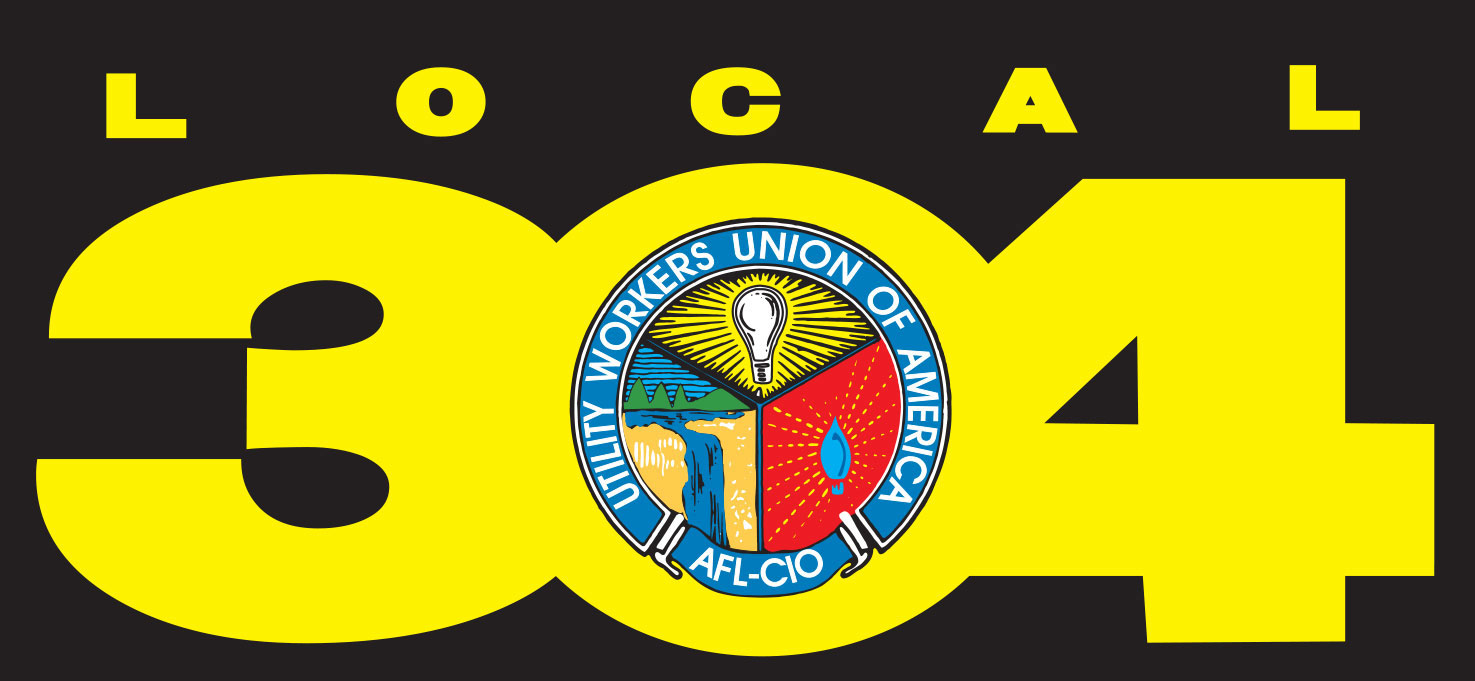
Trying to get the point of how important having a union in their workplace is a hard sell for many young workers. Unfortunately it’s easier if they moved from the wage theft, hours stealing, authoritarian, and harsh private sector to a union shop. They seem to appreciate what a union can do for them when they were previously denied a voice in their former workplaces. If a young worker has not had that experience, chances are that getting them to engage and appreciate their union can be an uphill battle.
Too many older trade unionists just write it off as a symptom of the generation, forgetting a time when they were young, ten feet tall, and bullet proof. They forget how fine it was to have all the energy and drive of youth, unencumbered by thoughts of rights, poliitics, and all the things older trade unionists were forced to learn over the years.
Most unions recognize this. In the UWUA, we have the Young Worker Initiative, and the Member To Member programs to help build that bridge between generations of union workers. Other unions are doing other things to address this problem, and the National AFL-CIO even has a tab on it’s website that specifically addresses young workers.
Josh Israel has a great article on Think Progress entitled: “Five Ways Unions Are Trying To Get Their Mojo Back.” Josh gives real world examples of what unions are doing to raise awareness of what unions are about, the importance of unions at the local level in the communities they serve, and to fight back the attempts of anti-unionists to portray unions as lazy, out-dated, and non-relevant.
In a cultural atmosphere of greed and looking out for #1, unions have an important part to play in reminding all workers that it’s easy for employers to pick off workers one-by-one, when workers aren’t organized or represented. Even in established unions, all the power a Local Union has in addressing workplace issues flows from the membership standing together.
Solidarity is a word that some pundits have tried to denegrate over the years, conjuring up visions of socialistic or communist overtones. All solidarity really stands for is when workers look out for each other. This can be in a specific workplace, on a local level, state level, as well as a federal level. Solidarity means we stand together regardless of race, creed, or religion so that all of us have a fair and equal opportunity to earn a decent living for ourselves and our families. It means we don’t attack each other, when we disagree we do so in a civil manner of mutual respect, and we recognize the forces against us are big, well organized, heavily financed (usually secretly), and motivated by greed to strip our rights, wages, benefits, and pensions in the service of their own wealth and their shareholders whom they serve. In this paradigm, unions act as an essential balancing factor that works to swing the scales of social justice in favor of those who actually do the work.
An advantage workers have today is a greater access to multiple viewpoints, news, and information thanks to the internet and domains like Facebook, Twitter, and other websites.
The battle for workers rights is alive and well in cyber-space.
Bottom line is: if you are a young worker who finds themselves in a union and have a job that pays well that offers you a path into the middle class and a good living that can’t be easily replaced by quitting and going to work somewhere else, you owe it to yourself to do everything you can to protect that job by getting involved in YOUR union.
If you’re not organized and represented, the only question is why?
